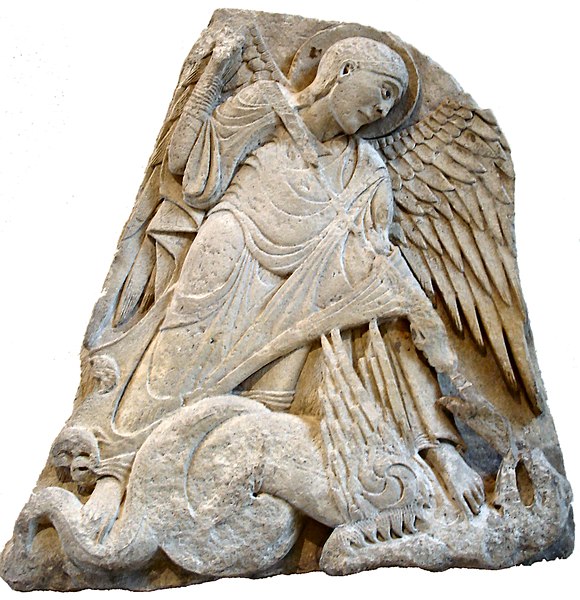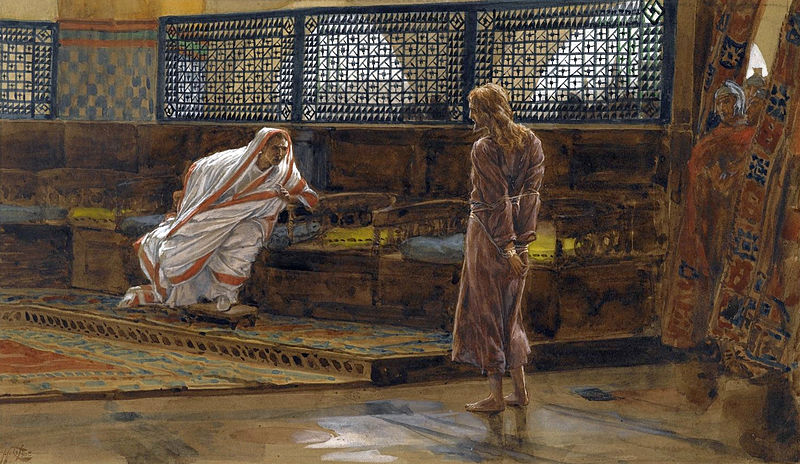Sunday Evening
I needed worship today. I needed to sing the hymns and hear the prayers and feel the presence of the community. Maybe that’s why I had such a hard time finding the sermon. (“Finding” the sermon is my description of my process of studying and listening to the text to discern what it has to say to us on this occasion. I could always talk about the text, what’s going on in the story, the social context of the narrative, the structure of the narrative, etc, but worship isn’t Bible study. We aren’t there to learn about the text. We are there to hear the text, to let it speak to us, to let it draw us deeper into Christ, to let it shape our worship, to let it shape our lives. Sometimes we have to learn about the text in order to hear it, but the point is to hear God speaking to us through it.)
But I had trouble finding the sermon this week. When I rose to read the Gospel this morning I still hadn’t found it. When this happens to me I find that I need to come down and stand in the aisle. I need to get close to the gathered community. It helps, sometimes, to see real faces. Especially when I don’t know what I’m going to say. But, as I began to speak, I realized the problem was that this had been a very intense and personal week, but the texts were cosmic in scope. This was the feast of Christ the King. We read Daniel about the coming reign of God. We said a psalm about the kingship of God. The second reading from the opening chapter of Revelation spoke about Christ coming on the clouds. And our Gospel had Jesus before Pilate declaring his kingdom is not like the kingdoms of this world.
But this wasn’t a week in which we were thinking about the grand sweep of history. This was a week in which a boy in our parish had been diagnosed with a brain tumor and rushed into surgery. He posted the brain scan on his Instagram account with the simple words “I have a brain tumor.” It scared the wits out of every adult in the parish.
Nations have been warring this week, and politicians spouting. But this had not been a week in which the nations and the consummation of human history mattered to me. What mattered was one child, one family, one desperate prayer for grace and healing. It has been a week of great international tragedies and fears, but our fear was for one boy.
It was only as I began to speak to the congregation that I found the message of the text for us. Fear is fear. Whether it is fainting with fear at what is coming on the world, or fainting before a very personal fear, fear is fear. And the message that God is God speaks to every fear. History is in God’s hands. And we are in God’s hands. And this child is in God’s hands. To our fear comes the promise that our world – and our lives – are God’s.
Jesus tells Pilate he comes as witness to the truth. The Greek version of the scriptures that was used by the nascent Christian community routinely translates the Hebrew references to the faithfulness of God with the Greek word ‘truth’. Truth is personal in the scriptures. Truth is not doctrine or propositions but the steadfastness, the faithfulness, the firmness of God. He is truth. Jesus is a witness to God’s faithfulness.
So whether our fear is at the roaring of the seas, the warring of the nations, or the very personal crises we face, God is faithful. He reigns. Not like the nations of the world. He reigns in love. And his reign is everlasting.


